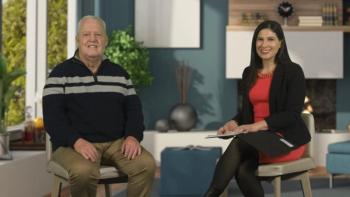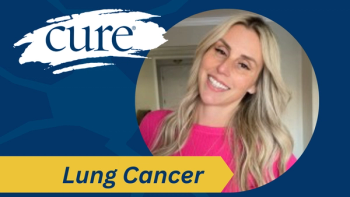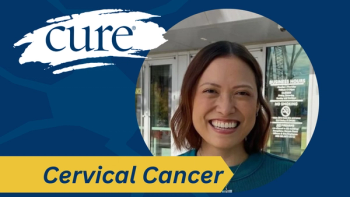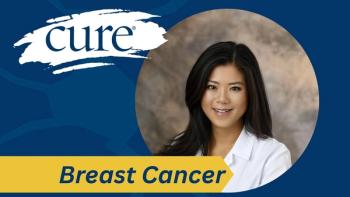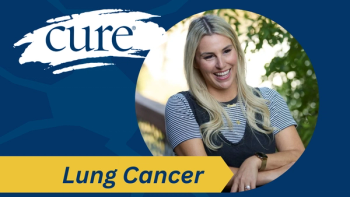
When Patients With Cancer Become Advocates, Then ‘Everything Changes’
Patients with lung cancer must be educated about their disease in their native language to become better advocates for themselves, an expert explained.
Now that individuals with lung cancer are living longer than ever before, it is essential to empower patients and their caregivers to advocate for themselves when navigating the health care system, especially for those whose first language is not English, said Dr. Estelamari Rodriguez.
Rodriguez, who is the associate director of community outreach — thoracic oncology at the University of Miami Sylvester Comprehensive Cancer Center, was a recipient of
“Our job, and one of the things that I'm very committed to, is to really get patients engaged in advocacy, because I think that's once patients and their caregivers start demanding better services, better access, then everything changes,” Rodriguez said in an interview with CURE®.
Transcript
Since I started (in) this field, in thoracic oncology, we didn't have a lot of rounds for lung cancer within and out of advocacy, because we didn't really have a lot of survivors. And now we do, we have patients that survive for years; we have patients that get a lot of good quality of life.
Our job, and one of the things that I'm very committed to, is to really get patients engaged in advocacy, because I think that's once patients and their caregivers start demanding better services, better access, then everything changes. You need the patient's voice and being there to be as a voice for patients through advocacy groups (can be beneficial). We have great relationships with groups like the Go2 Foundation, LUNGevity (and) the American Cancer Society — all of them try to fill that gap.
But the most important thing is to really make the patient their own advocate. When I talk to patients who, like me as an immigrant and English is not (their) first language, it's very hard to be an advocate. But you can give patients the tools in Spanish, and we should, because we're serving a very largely Spanish-speaking population. So, we should be able to have those.
For example, … I have seen clinical trials that come to us for evaluation that don't have a Spanish consent. And (we say), “well, we're not doing that trial, because it doesn't serve my population.” I think some of those push backs can come from physicians, because we have the privilege to have the authority to say, “I don't want to consider a trial that it doesn't enroll patients (who can consent in Spanish).”
But we also can empower patients to become their own advocates, to, when they see a doctor, (or) when their insurance is giving them a hard time and they're not getting things covered that are necessary for life-saving treatments, … advocate for themselves and their caregivers.
The caregivers really are amazing in terms of helping patients navigate during this very difficult time. And we can also give the caregivers tools of support, so that they can be there to ask the right questions to get patients to second opinions to find clinical trials.
It really takes a village; it's not only the doctor saying what to do, we really need to get patients engaged and understanding that it is hard to get engaged when you don't when the system is so disjointed and unequal. So you have to make sure that patients get to where they need to get to.
For more news on cancer updates, research and education, don’t forget to

